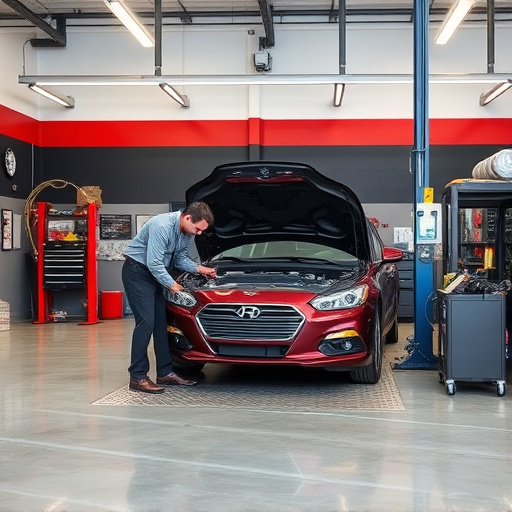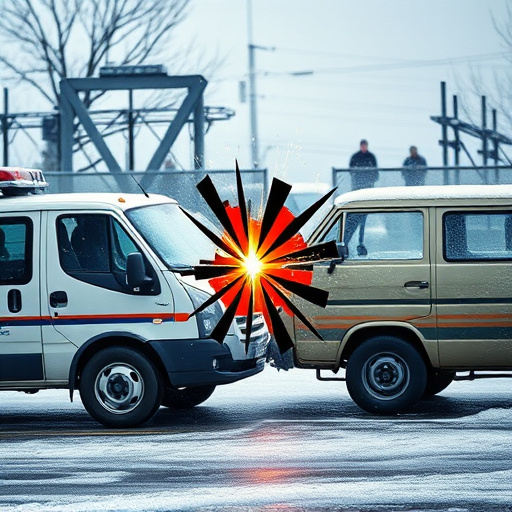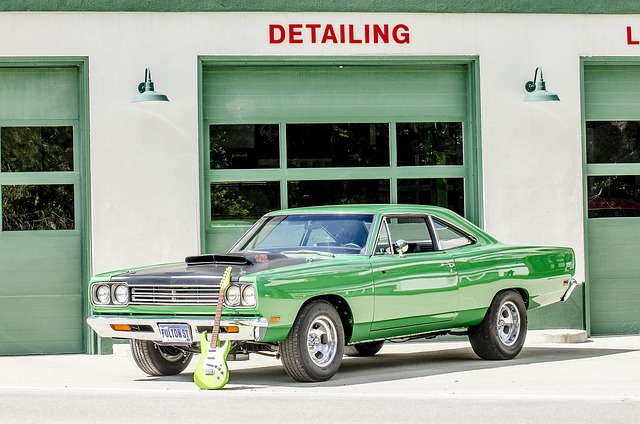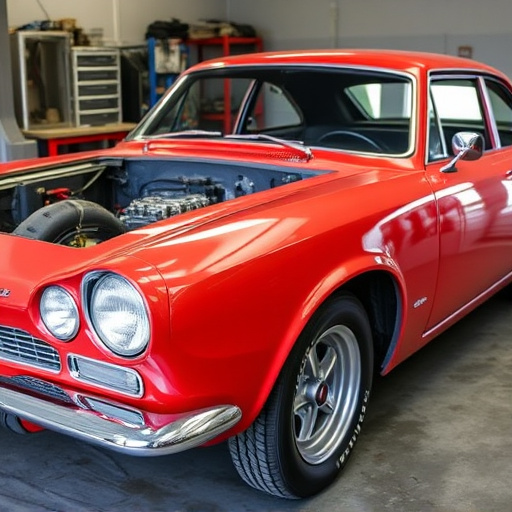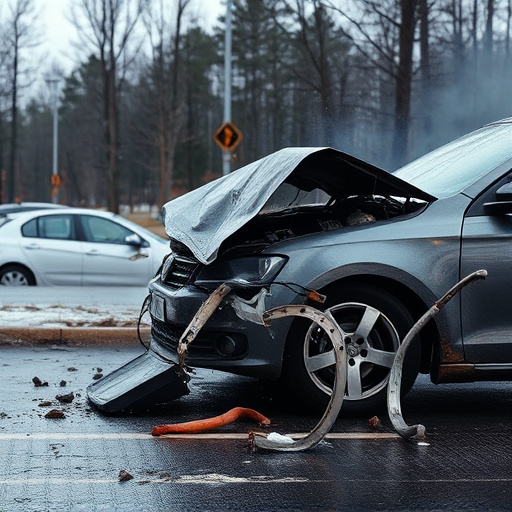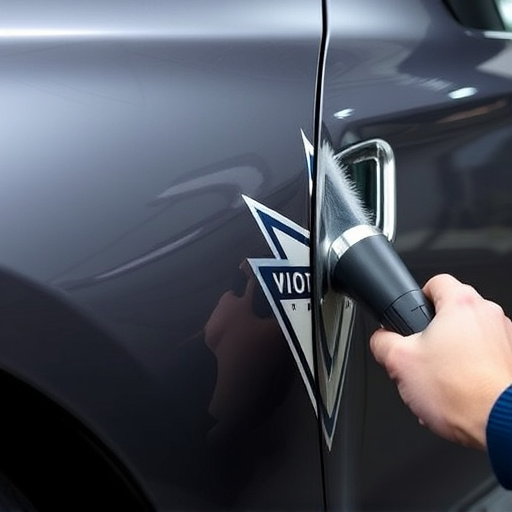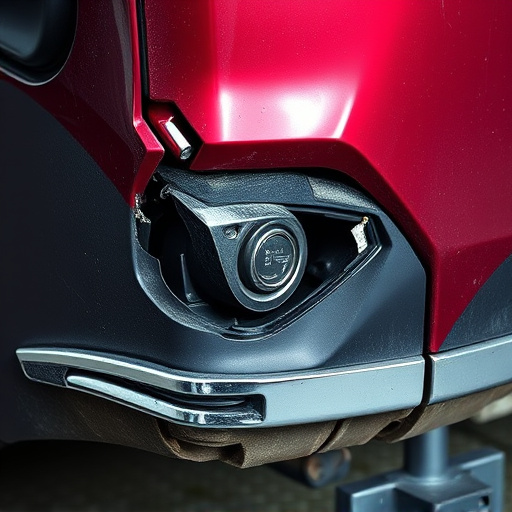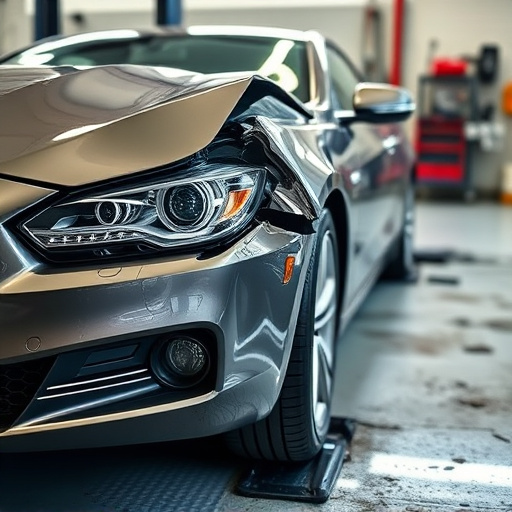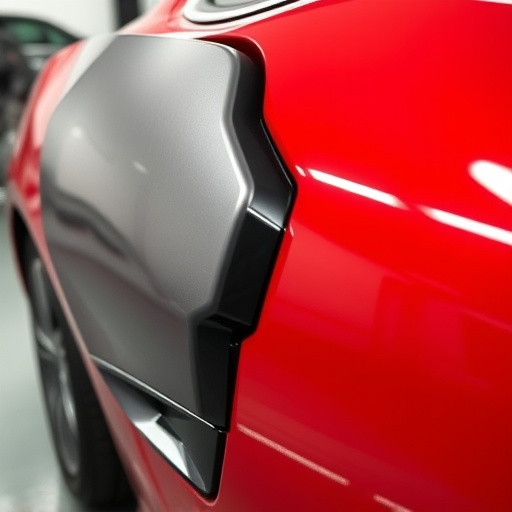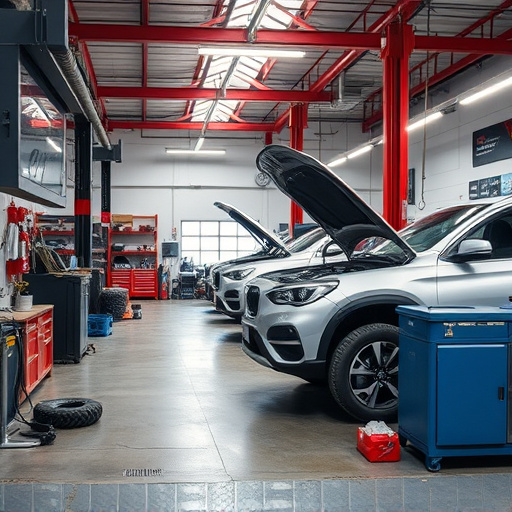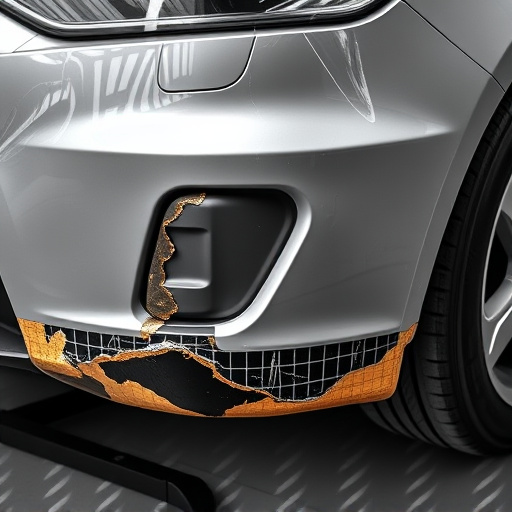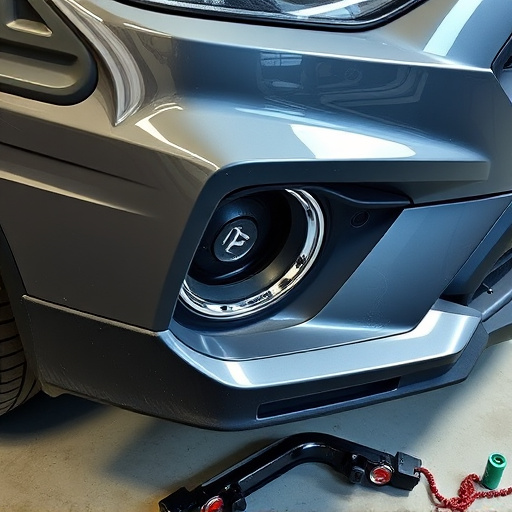Repair quality measurements (RQM) are essential for auto body repair shops to maintain compliance and customer satisfaction. These advanced assessments use diagnostic tools to ensure structural integrity and precision, setting high industry standards. RQM prevent recalls, foster trust, and guarantee safe, reliable vehicles, giving businesses a competitive edge in a stringent regulatory environment.
Repair Quality Measurements (RQM) are pivotal in ensuring compliance protocols within industries heavily regulated for product safety. By implementing rigorous RQM, organizations can systematically evaluate and enhance their repair processes, thereby upholding stringent standards. This article delves into three key areas: how RQM serve as the cornerstone of compliance, their role in ensuring accuracy through quality checks, and their proactive contribution to preventing costly recalls.
- Repair Quality Measurements: The Cornerstone of Compliance
- Ensuring Accuracy: Protocol Adherence Through Quality Checks
- Preventing Recalls: Proactive Compliance Through Repairs
Repair Quality Measurements: The Cornerstone of Compliance

Repair Quality Measurements serve as the cornerstone of any robust compliance protocol within the auto body repair industry. These meticulous assessments go beyond mere visual inspections, delving into the structural integrity and performance capabilities of vehicles post-repair. By employing advanced diagnostic tools and standardized assessment criteria, auto body repair shops can ensure their work meets not only legal standards but also exceeds customer expectations.
In the realm of vehicle collision repair, car dent repair, and other specialized services, consistent quality measurements are paramount. They act as a shield against subpar repairs, ensuring vehicles return to the road safely and reliably. This, in turn, fosters trust among consumers who rely on these protocols to safeguard their investments, ultimately promoting a culture of transparency and accountability across the industry.
Ensuring Accuracy: Protocol Adherence Through Quality Checks
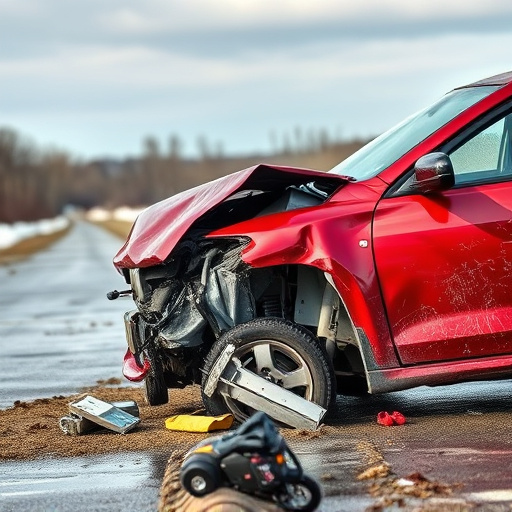
In the realm of auto maintenance, ensuring precision is paramount for upholding compliance standards, especially within collision repair shops. Repair quality measurements serve as a cornerstone for achieving this accuracy by providing detailed assessments and consistent results throughout the repair process. These measurements enable technicians to detect even subtle deviations from the original specifications, thereby guaranteeing that each vehicle leaves the shop in pristine condition, meeting all necessary safety and quality criteria.
By integrating thorough quality checks into their protocols, collision repair shops can instill confidence in their work. This meticulous approach involves regular assessments of critical parameters like frame straightening during the restoration process. Such practice not only safeguards against potential errors but also ensures that the final product aligns with industry standards. As a result, clients receive vehicles that are not just aesthetically appealing through frame straightening but also reliable and safe for operation on the road.
Preventing Recalls: Proactive Compliance Through Repairs
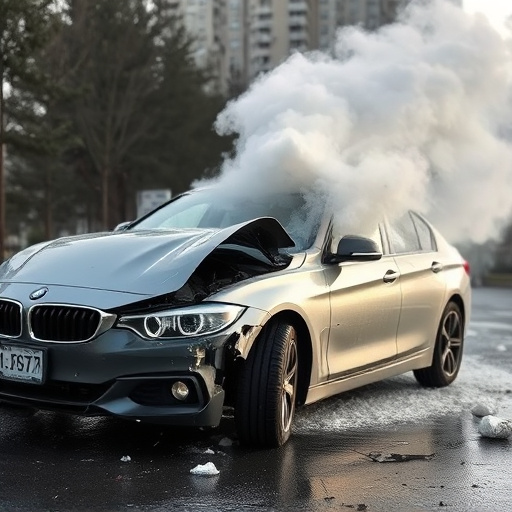
In today’s highly regulated environment, preventing recalls is a top priority for automotive manufacturers and repair shops alike. Repair quality measurements play a pivotal role in achieving this goal by enabling proactive compliance with industry standards. By implementing rigorous repair processes and utilizing advanced measurement tools, such as 3D scanning or computer-aided design (CAD), repair shops can ensure that every car dent removal, car collision repair, and vehicle paint repair meets the required specifications.
This proactive approach allows for consistent quality control, reducing the likelihood of defects that could lead to costly recalls. Furthermore, it fosters a culture of continuous improvement, where repair shops strive to refine their techniques and stay up-to-date with the latest industry trends. As a result, consumers benefit from safer and more reliable vehicles, while businesses gain a competitive edge by operating within compliance protocols efficiently and effectively.
Repair quality measurements serve as a robust foundation for compliance protocols, ensuring that repairs are accurate and preventive measures are in place. By implementing these meticulous checks, organizations can proactively avoid costly recalls and maintain customer trust. This article has highlighted the significance of repair quality measurements in upholding strict standards, demonstrating their pivotal role in the overall compliance process.

